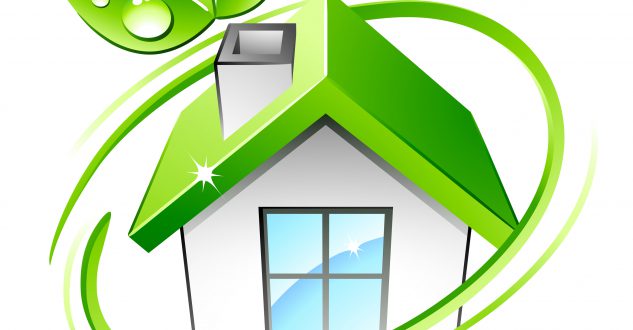
Demand for energy efficient homes is growing. Homebuyers recognize that investments in improvements like energy efficient windows, insulation and duct sealing enhance comfort, reduce utility bills, create a healthier indoor environment. According to the National Association of Home Builders, nine out of 10 home buyers would rather buy an efficient home—and they’re willing to pay a little more, too.
The mortgage industry is also beginning to value energy efficiency. FHA borrowers can now qualify for a larger mortgage for homes that score a six or higher on the U.S. Department of Energy’s Home Energy Score. Other lenders offer similar options.
If you’re planning to sell your home, it makes good financial sense to know how efficient it is and to invest in meaningful improvements that increase its value. Here are three ways you can make sure you’re getting the most value for your home.
1. Find the right realtor and appraiser
To realize the full value of your home’s energy efficiency, it’s essential to find an appraiser and realtor who recognize the value of the improvements made to your home. A savvy appraiser will understand the benefits of green upgrades and include them in their valuations if they believe it will make a difference to a buyer. Ask professionals about their education and expertise in green homes, such as Earth Advantage Institute’s Accredited Green Appraiser designation.
2. Get a score to measure efficiency
There are currently three scores available—Energy Performance Score, Home Energy Score and Home Energy Rating System (HERS) Index. Scores help demystify a home’s energy footprint and provide an apples-to-apples comparison between homes. It’s one thing to tell potential buyers that your home has efficient windows and improved insulation—it’s another to have a score in hand as one more piece of information that will help inform a purchase. To determine a home’s score, its features and construction techniques are analyzed and performance factors such as air leakage and insulation quality are tested. A third-party verifier can provide the energy audit and produce the home’s score. In the Pacific Northwest, Enhabit provides a free 100 Point Performance Check to identify areas for improvement.
3. Document all upgrades (and their benefits)
If energy efficiency improvements are reducing your utility bills by $60 or even $100 per month, it’s important that your real estate professionals know this. Appraisers can’t value an upgrade to a home that they don’t know about, and a lot of efficiency upgrades are difficult to see. Keep track of the upgrades you make and their benefits, and share this information with your assessor and realtor.
If you’re thinking about selling your home, or if you want to save money and enhance comfort in a home you plan to keep for a while, these simple steps will help you make the most of your investments.

